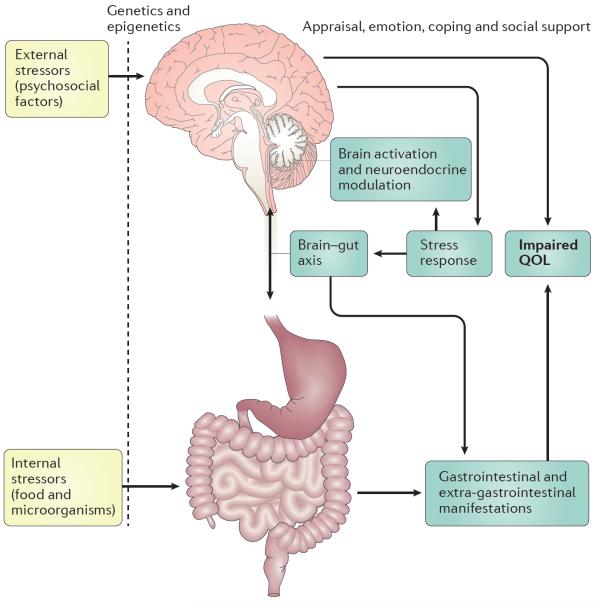Figure 9. Concept of multifactorial quality-of-life effects in IBS.
The genome and epigenome partially determine (`filter') the response of an individual to external stressors (psychosocial factors) and internal stressors (ingested food or microbiota). These, together with social support, appraisal, emotion and coping behaviours against stressors, determine the stress response affecting the brain–gut interactions. This response might involve regional brain activation, changes in autonomic and neuroendocrine function, which might lead to many of the clinical manifestations observed in irritable bowel syndrome (IBS), including visceral hypersensitivity, alteration in gastrointestinal motility, increased mucosal permeability and low-grade inflammation. These gastrointestinal symptoms and other extra-intestinal manifestations (such as multiple somatic symptoms and psychiatric comorbidities) impair the quality of life (QOL) of patients with IBS.

